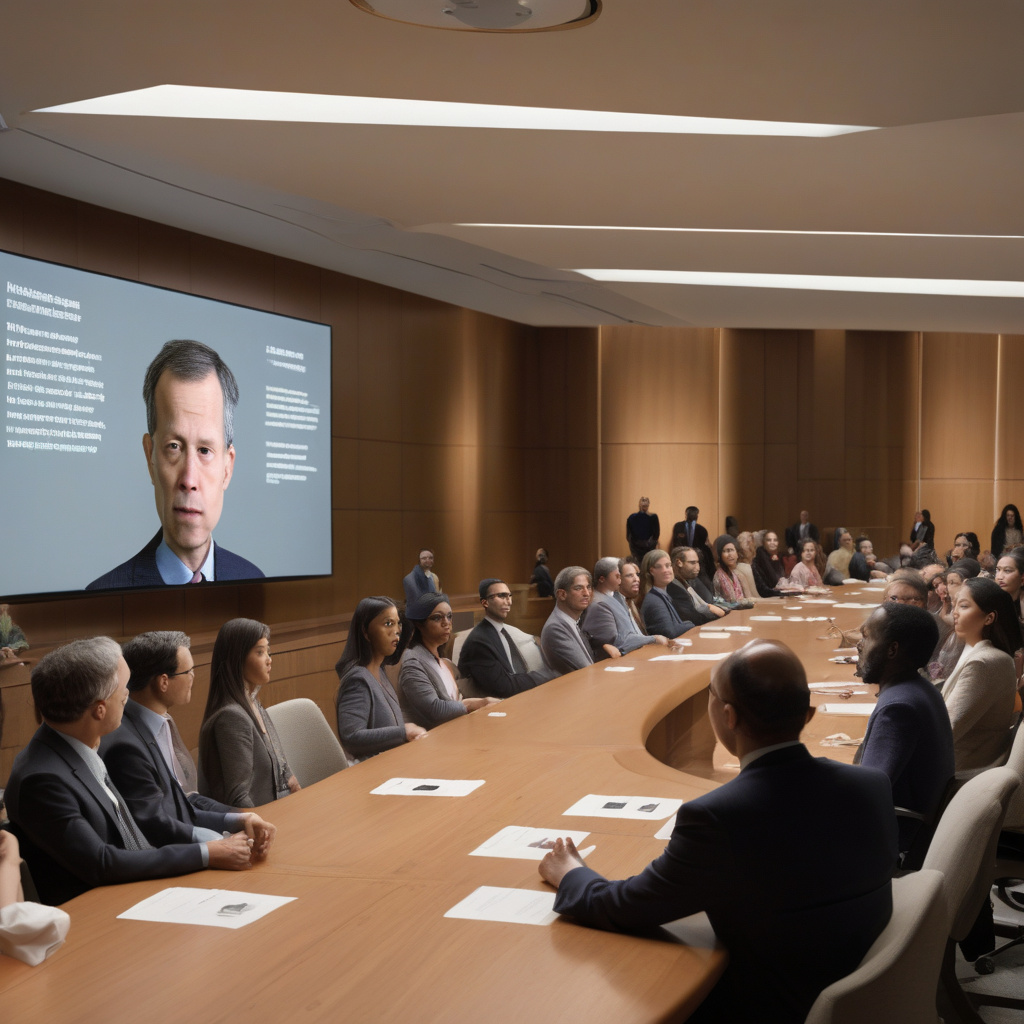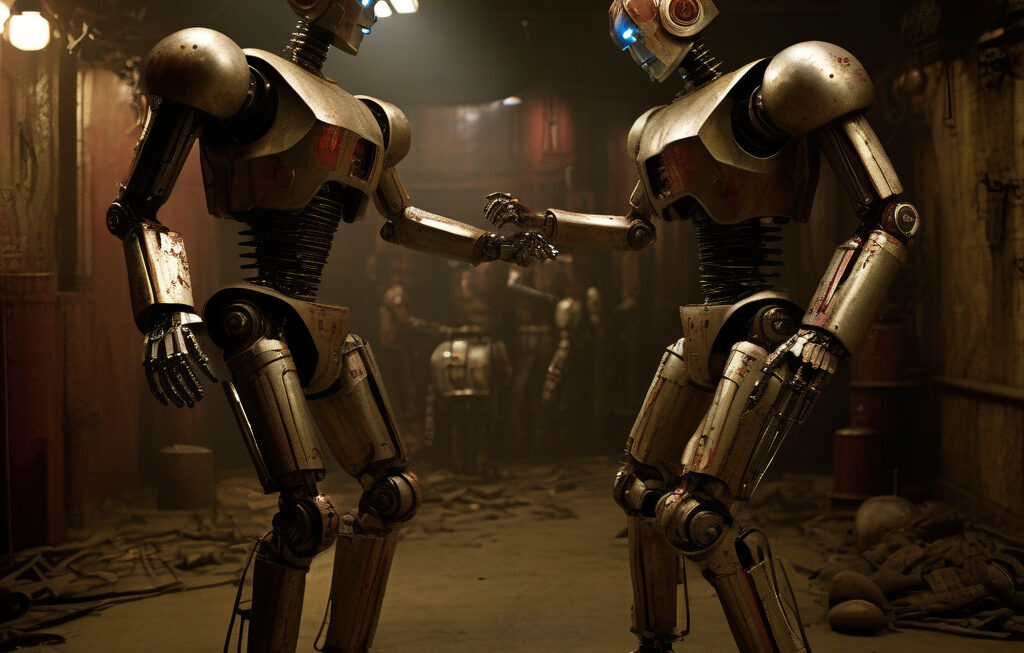Could AI Win a Nobel Prize? Experts Debate the Possibility
Artificial Intelligence (AI) has been making significant strides in various fields, from healthcare to finance, revolutionizing the way we work and live. With AI models now capable of generating hypotheses and designing experiments, the question arises: could machines one day be eligible for the prestigious Nobel Prize?
The Nobel Prize is awarded annually in the fields of Physics, Chemistry, Medicine, Literature, Peace, and Economic Sciences. Traditionally, the prize has been reserved for individuals or groups of individuals who have made groundbreaking discoveries or contributions to humanity. However, as AI continues to advance and play a more prominent role in research and innovation, some experts believe that it may be time to reconsider the eligibility criteria for the Nobel Prize.
One of the key arguments in favor of AI being considered for a Nobel Prize is the ability of AI models to make significant scientific discoveries autonomously. For example, AI algorithms have been used to discover new materials with properties that were previously unknown to scientists. In these cases, the AI system not only generated the hypothesis but also designed the experiments to validate it, essentially performing the work of a traditional researcher.
Proponents of AI being eligible for the Nobel Prize argue that if the outcome of the research is significant and has a profound impact on society, the fact that it was generated by a machine should not diminish its importance. They believe that the focus should be on the quality and impact of the work rather than the identity of the creator.
On the other hand, critics of awarding the Nobel Prize to AI argue that the essence of the prize is to recognize human ingenuity, creativity, and innovation. They argue that while AI systems can process vast amounts of data and perform complex calculations, they lack the creativity and intuition that are inherent to human researchers. Additionally, there are ethical concerns surrounding the idea of awarding a machine with a prestigious prize designed for humans.
Despite the ongoing debate, it is clear that AI is increasingly blurring the lines between human and machine intelligence. As AI systems become more sophisticated and autonomous, it raises important questions about the role of AI in research, innovation, and recognition.
In conclusion, while the idea of AI winning a Nobel Prize may seem far-fetched to some, the rapid advancements in AI capabilities suggest that it may not be entirely out of the realm of possibility. As AI continues to push the boundaries of what is achievable in science and technology, it is essential for the scientific community to have an open and honest conversation about the role of AI in shaping the future of research and innovation.
#AI, #NobelPrize, #ArtificialIntelligence, #Research, #Innovation












